For organized, analytical individuals with a goal-oriented mindset seeking to elevate their careers, an MBA in project management may be precisely what you need to succeed. These degree programs are designed to prepare graduates for high-stakes roles, combining leadership skills with technical project management competencies.
Graduates often pursue careers as project management specialists, where the median salary stands at $95,370, with the top 10% earning more than $159,150 annually. Specialists in more niche areas may earn even more.
Programs typically span 18 months to two years for full-time students and three to four years for those opting for part-time enrollment. With the average cost of tuition at $19,749 for the 2020-2021 academic year, an MBA in project management is both a significant investment and a substantial step towards a lucrative and fulfilling career.
Why Trust Us
The Intelligent.com Higher Education Team is dedicated to providing students with independent, equitable school and program rankings and well-researched resources. Our expert-driven articles cover topics related to online colleges and programs, paying for school, and career outlooks. We use data from the U.S. Department of Education’s College Scorecard, the National Center for Education Statistics, and other reputable educational and professional organizations. Our academic advisory team reviews content and verifies accuracy throughout the year for the most current information. Partnerships do not influence rankings or editorial decisions.
- Analyzed over 2,000 national, accredited, and nonprofit colleges and universities
- 800+ rankings pages are reviewed and updated yearly
- Content is informed by reputable sources, surveys, and interviews with academic advisors and other experts
- Over 100 data points are reviewed for accuracy and quality throughout the year, including sources
How we rank schools
Our list features the best MBA in Project Management degree programs at top colleges nationwide. Each school featured is a nonprofit, accredited institution — either public or private — with a high standard of academic quality for post-secondary institutions.
We evaluated each school’s program on tuition costs, admission, retention and graduation rates, faculty, reputation, and the student resources provided for online students. We collected data from trusted sources like the National Center for Education Statistics, individual school and program websites, school admissions counselors, and other data sources. Then, we calculated the Intelligent Score on a scale of 0 to 100 based on the following criterion:
Academic Quality:
- Admission rate versus enrollment rate
- Retention rate of students who return after year one
- Accreditation status (regional and programmatic)
- Nonprofit status, both private and public institutions
Graduation Rate
- Overall graduation rate
- Total number of currently enrolled students, including diversity metrics
- Student-to-faculty ratio
Cost and ROI
- In-state and out-of-state per-credit tuition rates and fees
- Required credits to graduate
- Earning potential after graduation
- Availability of federal student loans, scholarships, and other financial aid options
Student Resources
- Available student services for online-only and hybrid programs
- On-campus amenities like tutoring centers and the number of libraries
Read more about our ranking methodology.
Top 9 MBA in Project Management Degree Programs
FiltersInstitution Type
Status
- Intelligent Score
- Alphabetically By University Name
- Acceptance Rate
- Enrollment
- In-state Graduate Tuition
- Out-of-state Graduate Tuition
- In-state Undergraduate Tuition
- Out-of-state Undergraduate Tuition

Liberty University
Intelligent Score: 99.67In-state: $14,791
Out-of-state: $14,791
In-state: $7,935
Out-of-state: $7,935
SAT: 1040-1250
ACT: 21-29
$545
On-Campus, Online
Accreditation Council for Business Schools and Programs
45

Bellevue University
Intelligent Score: 99.33In-state: $7,176
Out-of-state: $7,176
In-state: $10,710
Out-of-state: $10,710
SAT: N/A
ACT: N/A
$649
On-Campus, Online
International Accreditation Council for Business Education
30-39
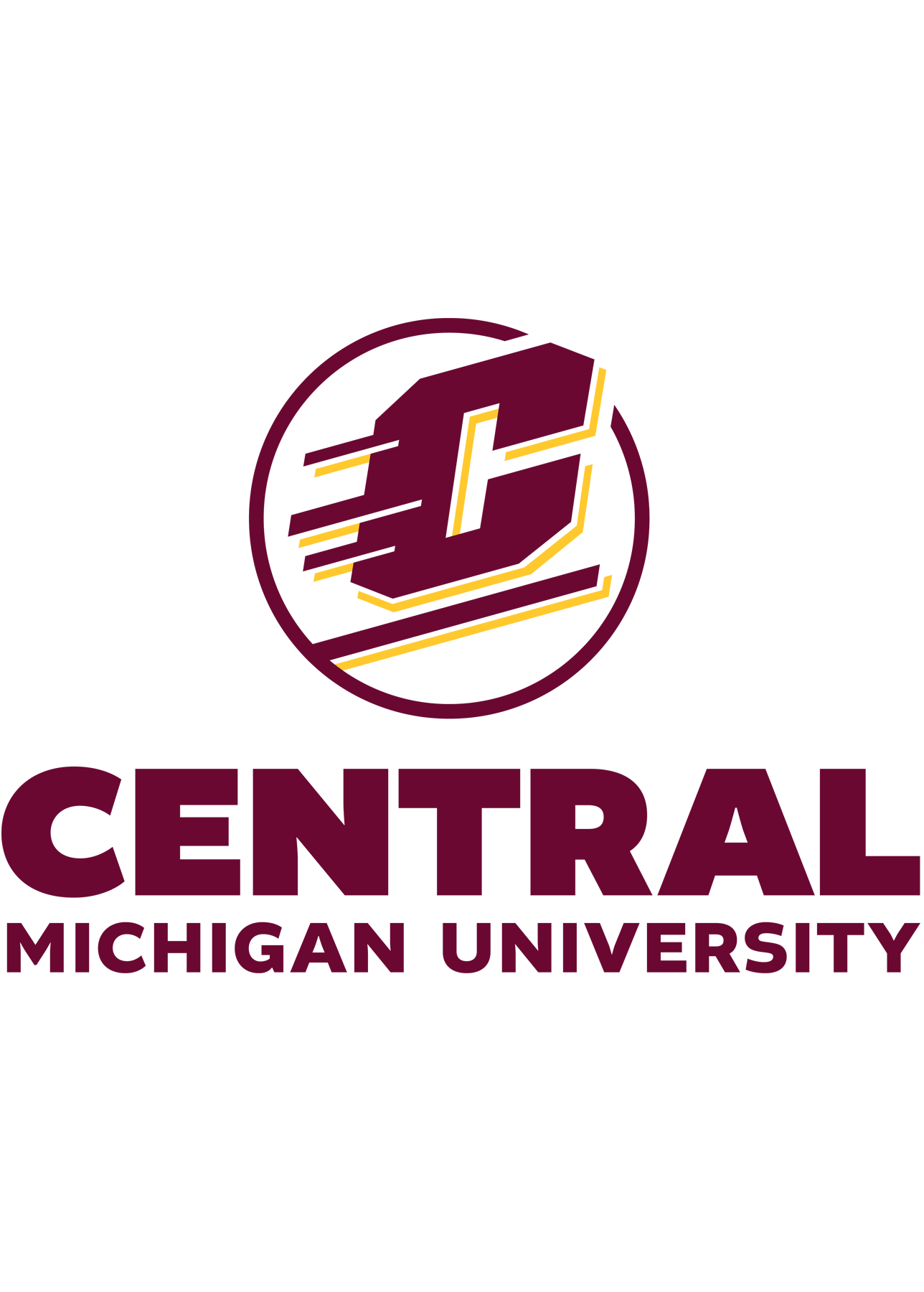
Central Michigan University
Intelligent Score: 99.16In-state: $12,296
Out-of-state: $22,881
In-state: $14,223
Out-of-state: $14,223
SAT: 1000-1210
ACT: 20-26
$808
On-Campus, Online
Association to Advance Collegiate Schools of Business
36

Lehigh University
Intelligent Score: 96.65In-state: $54,790
Out-of-state: $54,790
In-state: $27,000
Out-of-state: $27,000
SAT: 1260-1433
ACT: 29-33
$1,295
On-Campus, Online
Association to Advance Collegiate Schools of Business
36
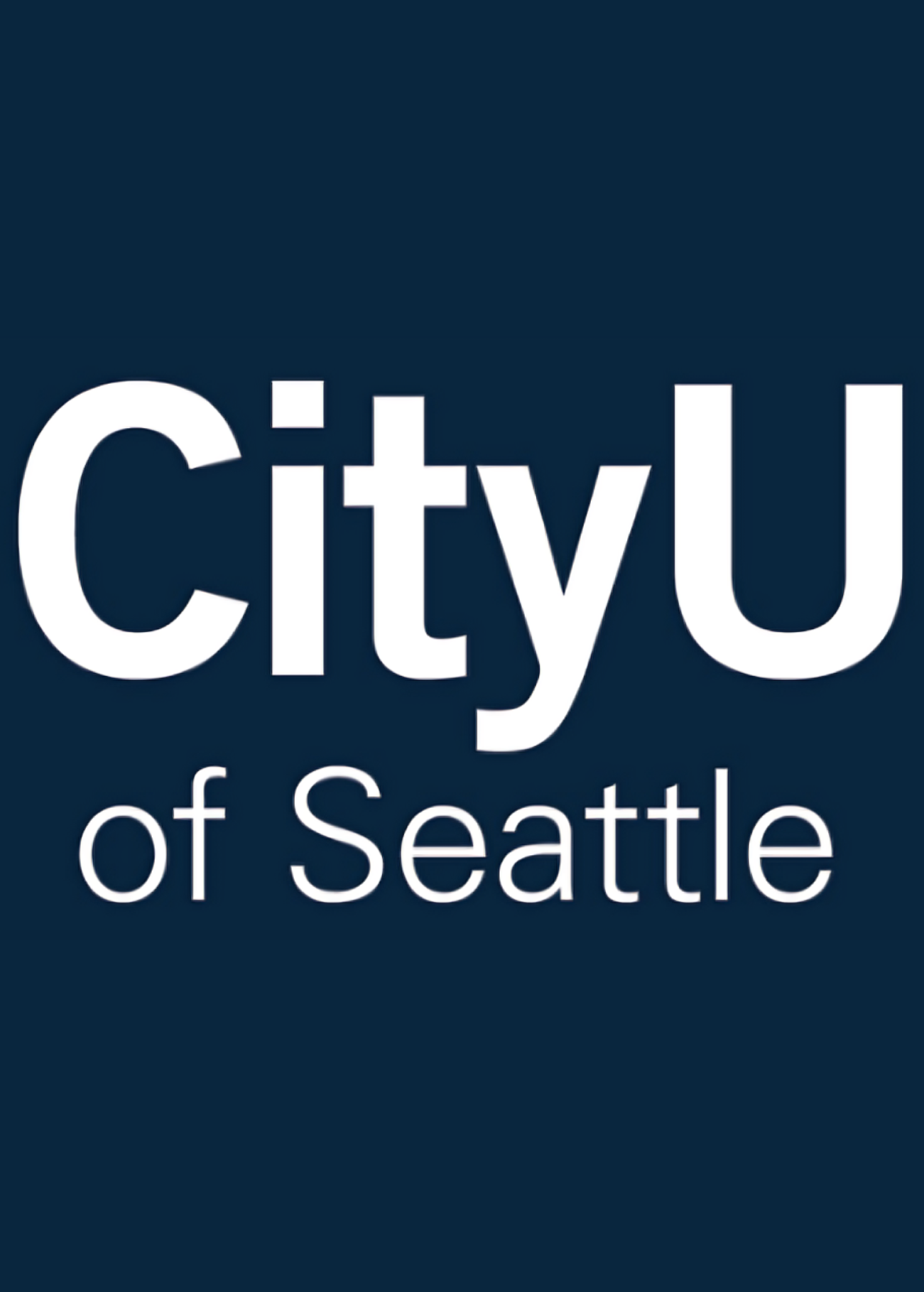
City University of Seattle
Intelligent Score: 95.29In-state: $13,658
Out-of-state: $13,658
In-state: $11,812
Out-of-state: $11,812
SAT: N/A
ACT: N/A
$735
On-Campus, Online
Accreditation Council for Business Schools and Programs
39-51

Fayetteville State University
Intelligent Score: 93.44In-state: $2,982
Out-of-state: $14,590
In-state: $3,438
Out-of-state: $3,438
SAT: 840-1000
ACT: 16-20
Resident: $224
Non-Resident: $887
On-Campus
Association to Advance Collegiate Schools of Business
36
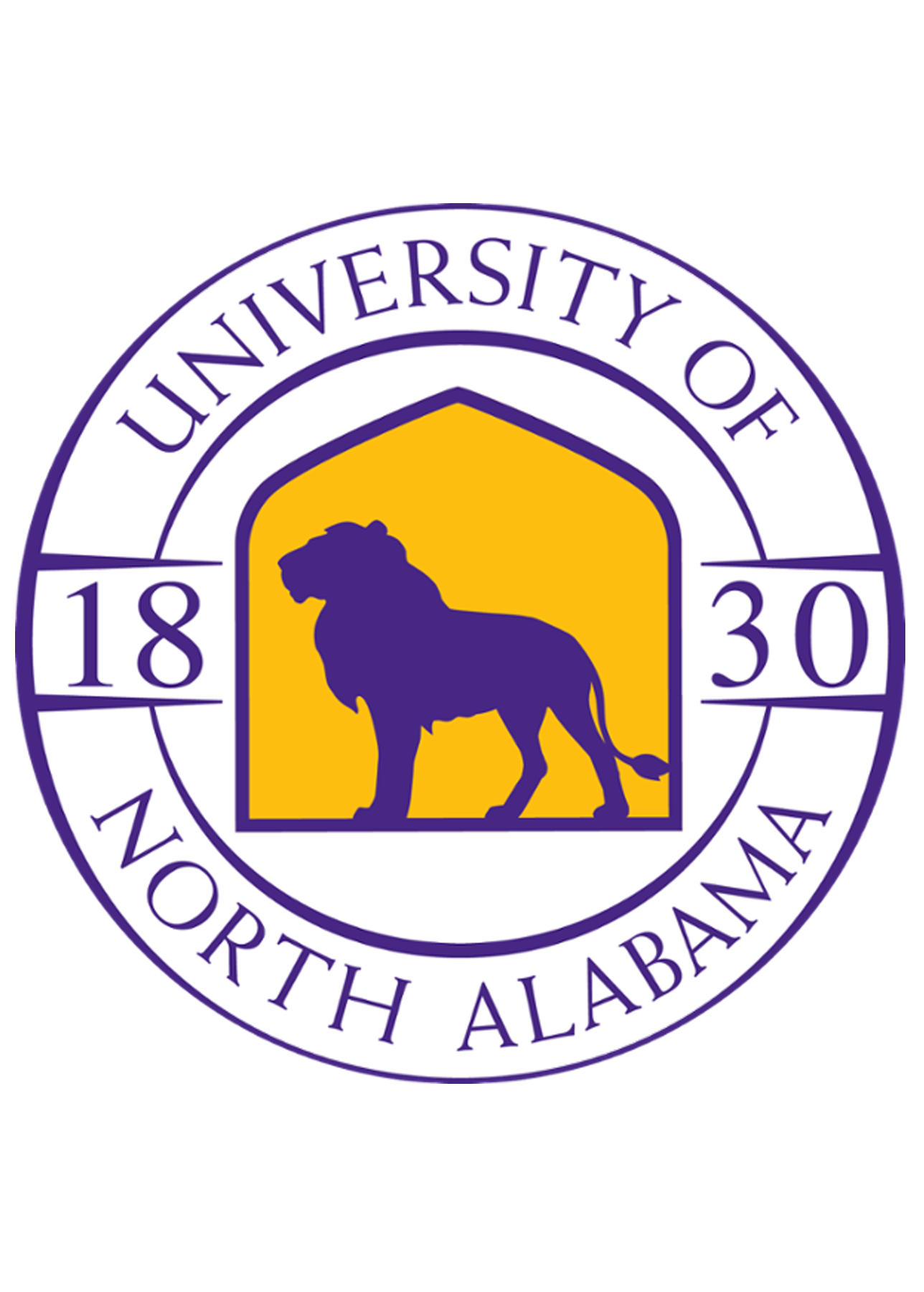
University of North Alabama
Intelligent Score: 93.12In-state: $9,600
Out-of-state: $19,200
In-state: $6,660
Out-of-state: $6,660
SAT: N/A
ACT: N/A
$495
On-Campus, Online
Association to Advance Collegiate Schools of Business
34
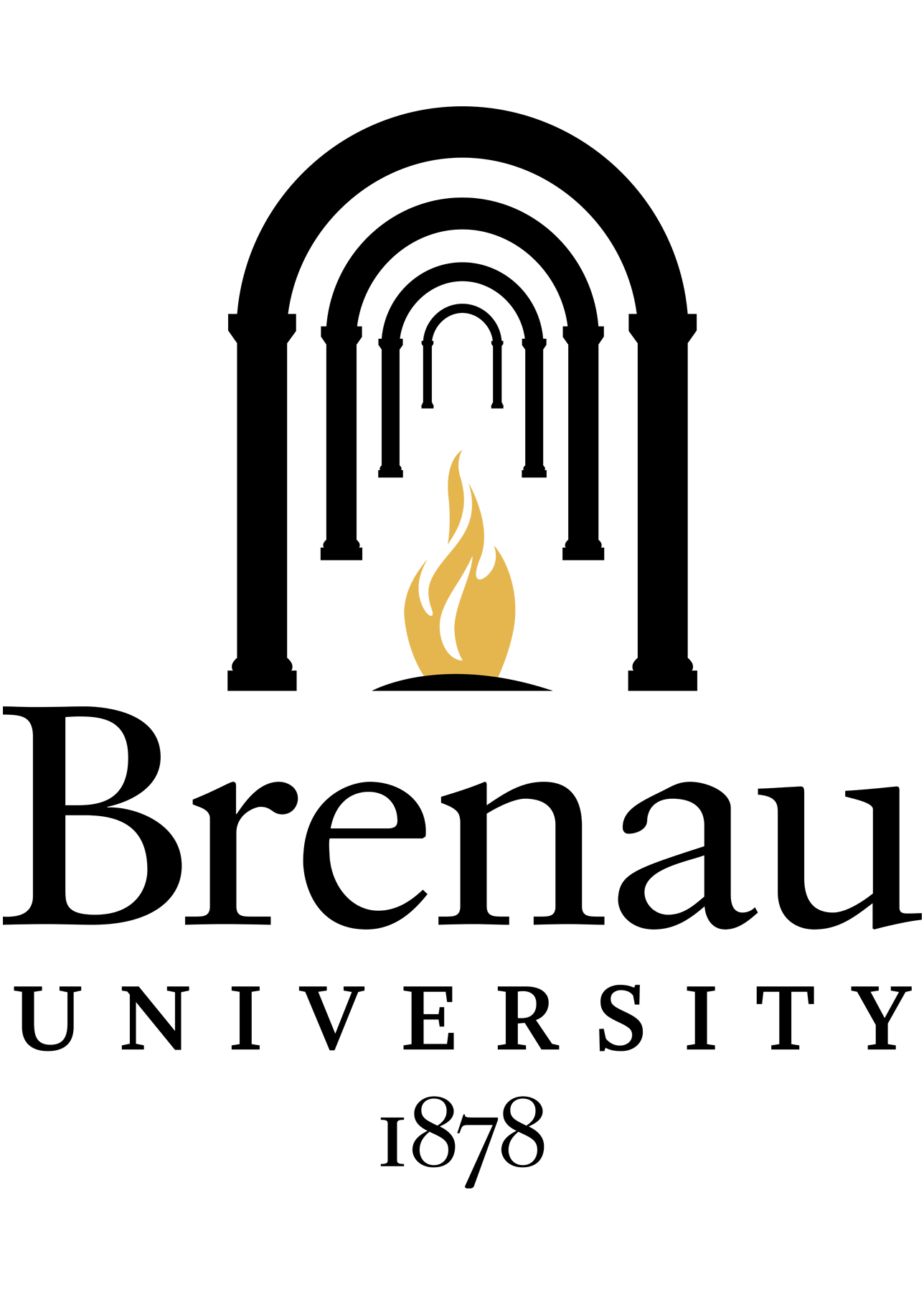
Brenau University
Intelligent Score: 92.85In-state: $30,000
Out-of-state: $30,000
In-state: $13,356
Out-of-state: $13,356
SAT: 930-1160
ACT: 17-23
$824
On-Campus, Online
Accreditation Council for Business Schools and Programs
39
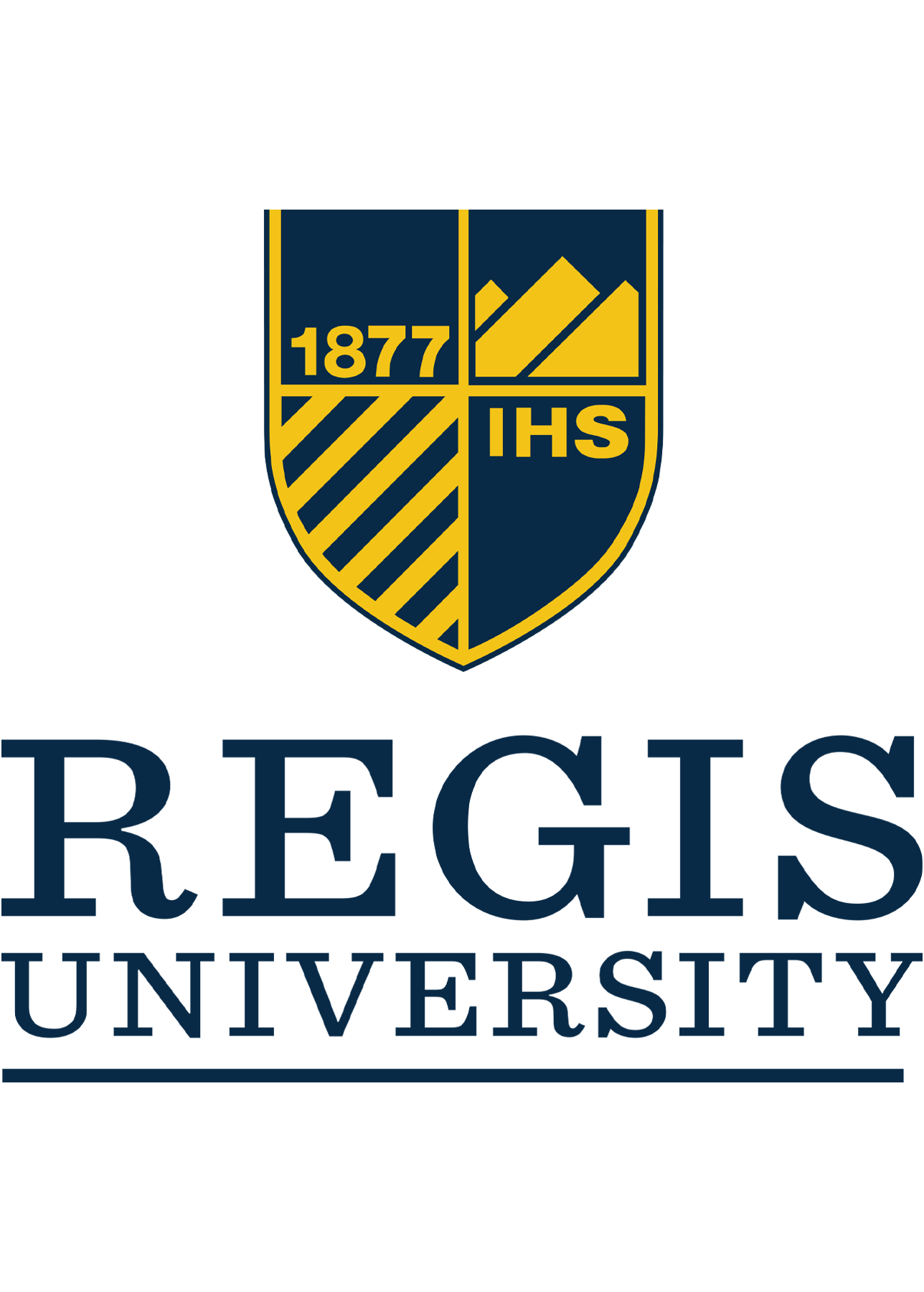
Regis University
Intelligent Score: 90.4In-state: $38,208
Out-of-state: $38,208
In-state: $14,322
Out-of-state: $14,322
SAT: 1000-1220
ACT: 21-28
$1,051
On-Campus, Online
Higher Learning Commission
36
How to Choose an MBA in Project Management Program
Choose your area of study
Choosing a specialization within your MBA in project management will allow you to customize your education further to match your career goals, even though project management is a specialized field on its own.
Options will vary by institution, but popular concentrations include information technology, healthcare management, construction management, and supply chain management.
Information technology is ideal for those interested in tech projects, while healthcare management suits students aiming to lead projects in medical settings. Construction management is tailored for those overseeing building projects, and supply chain management is perfect for students focused on logistics and operations.
Research schools and programs
When you’ve decided on a potential specialization, you can use that information to narrow down your program options — focusing on those providing a curriculum supporting your career goals. To guide your research further, consider the following questions:
- Does a recognized accrediting body accredit the program?
- What are the faculty’s qualifications and industry experience?
- How does the program support career development and job placement?
- What opportunities are there for internships or practical experiences?
- How does the curriculum align with your career goals?
You can find answers to these questions through open houses and information sessions, talking with an admissions counselor, and visiting the school’s website.
Prepare for tests and applications
Once you have shortlisted your preferred schools, thorough preparation for tests and applications is essential.
Start by collecting certain application materials early, such as transcripts and letters of recommendation. Consider enrolling in a test prep program to boost your scores on the GMAT or GRE, potentially giving your application a competitive edge. Additionally, dedicating ample time to writing your personal statement is crucial, as it provides a unique opportunity to convey your ambitions and suitability for the program.
Select your program
When acceptance letters arrive, be sure to revisit your initial research criteria to choose the right program for you. Reflect on what aspects are most important — be it specialization, faculty that you’re excited to learn from, or the program’s format. Crucially, analyze the overall cost of attendance alongside financial aid opportunities to ensure you make a wise financial decision.
Ultimately, selecting your program will be a personal decision. Still, it’s ideal to choose one that aligns closely with your aspirations and financial realities to set the foundation for a successful career.
Determine how you’ll pay for your degree
You’ll want to strategically utilize financial aid resources to finance your MBA in project management without accruing significant debt.
Prioritize funding options that don’t require repayment, like scholarships and grants, which are awarded based on merit or need. Assistantships offer tuition assistance in exchange for research or teaching duties, providing experience alongside financial support. You might also consider federal loans to bridge any remaining financial gaps, as they typically offer lower interest rates than private loans.
Additionally, it’s wise to ask your employer about tuition reimbursement programs, as many organizations offer this benefit to invest in their employees’ education.
What Can You Expect From an MBA in Project Management Program?
An MBA in project management will give you the expertise to lead and manage complex projects across various industries. Throughout the program, which typically takes 18 months to two years to complete, learners delve into strategic planning, risk management, finance, and organizational behavior, all through the lens of effective project leadership.
Many curriculums go beyond traditional management theories, integrating practical skills with project management software tools, team leadership techniques, and decision-making strategies. In addition to project management-specific courses, students engage with the broader MBA curriculum, encompassing foundational business principles, ethics, and global business strategies.
A vital program component is experiential learning, often realized through capstone projects that simulate real-world project management challenges or internships that provide hands-on experience in leading projects. These elements ensure graduates are well-prepared to drive project success in business environments.
Potential courses you’ll take in an MBA in project management program
- Strategic Project Management: Although its title may vary, a version of this course is required in most curriculums, focusing on aligning project objectives with a company’s goals. Students learn to evaluate project feasibility, perform risk assessments, and ensure that projects contribute to an organization’s overall vision. Techniques for effective communication and stakeholder engagement are also covered.
- Agile Project Management: This course introduces Agile methodologies and their application in flexibly and iteratively managing projects. Students learn about Agile frameworks such as Scrum and Kanban, focusing on improving team productivity and responding to changes quickly and efficiently. Practical exercises often simulate Agile project environments to provide hands-on experience.
- Leadership and Team Management: Students examine leadership theories and practices for managing diverse, cross-functional project teams. The course covers motivational strategies, conflict resolution, and practical communication skills, preparing students to lead teams toward successful project completion.
- Project Finance and Budgeting: This course explores the financial aspects of project management, teaching students how to plan, allocate, and control finances throughout a project’s lifecycle. Key topics often include cost estimation, budgeting techniques, and financial reporting, enabling future managers to make informed decisions that keep projects within budget.
MBA in Project Management Degree Frequently Asked Questions
How do I apply to an MBA in project management degree program?
To apply for your MBA in project management, you’ll need to navigate a comprehensive admissions process, making sure you meet the following requirements:
- A bachelor’s degree from an accredited institution, preferably in a relevant field
- Professional work experience, although the specific duration may vary by program
- A minimum GPA, as stipulated by the institution
- GMAT or GRE scores, though some programs may offer waivers
- A personal statement outlining your career goals and reasons for choosing the program
- Letters of recommendation from professional or academic references
It’s crucial to discuss your application with an admissions counselor beforehand. They can provide insights into program specifics, helping you tailor your application to highlight your strengths and fit for the program.
How much does an MBA in project management degree cost?
The costs of these degrees vary widely, with the average tuition for graduate programs calculated at $19,749 for the 2020-2021 academic year. However, if applicable, you’ll also want to budget for textbooks and course materials, library and campus facility fees, and potential commuting and housing expenses. These additional costs can significantly affect your overall financial commitment.
For a more precise estimate of the total cost of attendance and to explore financial aid options, consult a financial aid counselor at your chosen institution. This additional guidance can help you make a solid plan for managing the economic aspects of earning your degree.
How long does it take to earn an MBA in project management degree?
Earning this degree typically takes 18 months to two years for full-time students and three to four years for part-time learners. Full-time study offers a quicker path to graduation but demands a significant time commitment, making it challenging for those with work or family responsibilities. Part-time learning extends the completion time but provides flexibility for working professionals and those juggling other obligations.
It’s also important to consider the total number of required credits. While this figure can vary, programs that require more credits generally take longer to complete.

